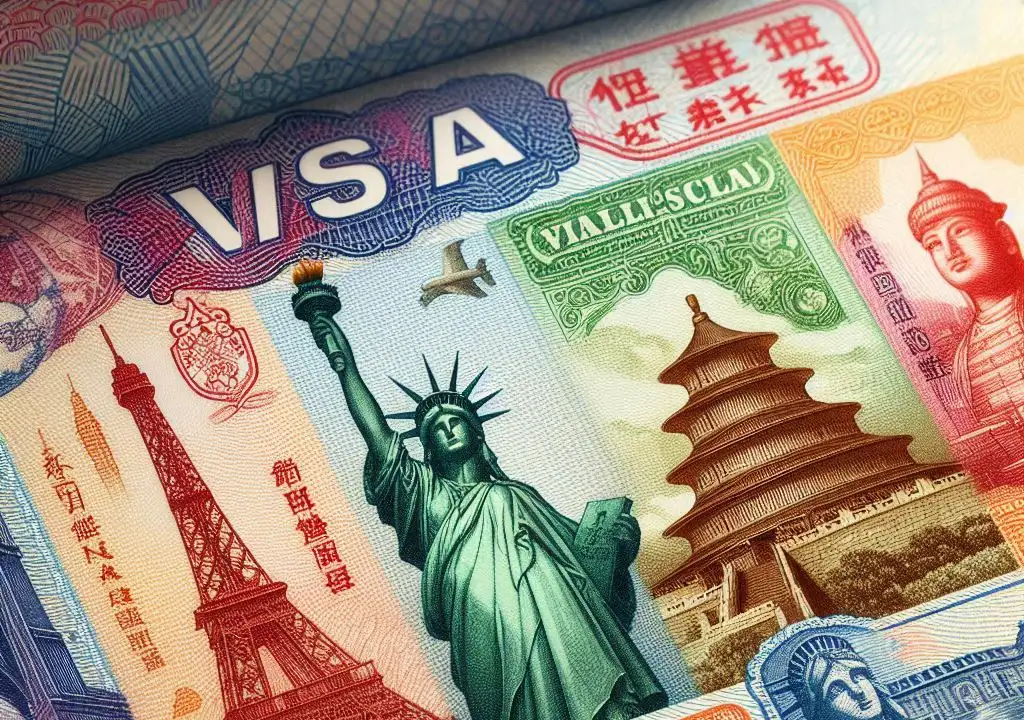Saudi Arabia Roundup: Visa entry limitations, Forbes’ rankings for Arab billionaires, Daylight saving time in schools

Saudi homes being transformed into restaurants
Historic homes in Saudi Arabia are undergoing renovations to serve as cafes and restaurants, thereby offering a dining experience steeped in cultural heritage. Establishments such as Tagmera in Madinah exemplify this trend. Managed by Saleh Shahini and his mother, this venue has repurposed an 80-year-old family residence while preserving its original stone architecture and intimate ambience. Similarly, Into Sushi, managed by Leen Kurdi, presents a fusion of Japanese cuisine and Madini hospitality, respecting the essence of the home. Abdulrahman Al-Hejaili’s Kaboun aims to create a welcoming dining affair with simple yet delightful dishes, where patrons find charm in these transformed establishments that resonate with historical significance.
Daylight saving time in schools
Saudi Arabia is set to introduce daylight saving time for all public and private educational institutions beginning Sunday, April 6, 2025. According to Gulf News, this policy aims to improve operational efficiency and synchronise educational schedules with seasonal variations. In Riyadh, the schedule will see morning assemblies starting at 6:15 am, followed by classes commencing at 6:30 am. In regions such as Asir and Al Baha, the class start times will be slightly later. Educational authorities have underscored the significance of punctuality and advised families to provide the necessary support to students adapting to these changes.
Visa entry limitations
Recent regulations in Saudi Arabia now impose restrictions on multiple-entry visas for nationals from 14 countries, including Pakistan. This adjustment impacts frequent travellers and families, potentially extending visa processing durations and prompting experts to recommend early application submissions. The hospitality and aviation sectors may witness variations in ticket sales and a potential drop in hotel occupancy, Pakistan Today reports. Relevant authorities have called for travellers to inquire about mahram exemptions when applicable and urged pilgrims to remain attuned to updates concerning Hajj bookings, as further changes in visa processing are anticipated.
Real estate investments
The Saudi Ministry of Investment has initiated openings in the real estate market for foreign investors, allowing them to engage in property transactions for investment objectives. There are critical stipulations, including that properties must be situated outside Makkah and Madinah, transactions are prohibited from being for commercial speculation and foreign entities must secure approvals for specific applications such as personal residency and industrial projects. Gulf Business reports that the approval process is streamlined through the ministry's e-services portal and is completed within five business days, pending the submission of requisite documentation including a building permit, property deed, and engineering reports for sizeable development projects, which should have a minimum cost of SR30 million and be further utilitarian within a five-year window, outside of Makkah and Madinah.
Forbes’ rankings for Arab billionaires
According to Forbes' rankings for Arab billionaires in 2025, Saudi Arabia leads the list with a total of 15 billionaires, prominently featuring Prince Alwaleed bin Talal at the helm with a net worth of $16.5 billion. Circuit News reports that other significant figures include Sulaiman Al-Habib, valued at $10.9 billion, and Emad Al-Muhaidib, with $3.8 billion. In contrast, both the UAE and Egypt account for five billionaires each, with the UAE’s collective wealth amounting to $24.3 billion, whereas Egypt’s total reaches $9.6 billion, with top earners being real estate magnate Hussain Sajwani and industrialist Nassef Sawiris, respectively.